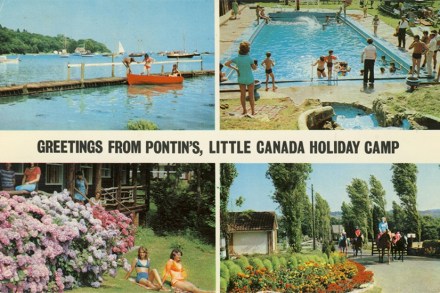Mispronouncing names isn’t a ‘microaggression’
People can make a bewildering number of offensive transgressions these days: from using the wrong pronoun when addressing people to saying that only a woman has a cervix. The latest eggshell to avoid now is mispronouncing people’s names. #MyNameIs is a new initiative calling on people to add phonetic spellings to their email signatures. Race Equality Matters (REM), which launched the campaign, says that mispronouncing names can be ‘considered a microaggression’ and sends out a message that ‘you are minimal’. A survey conducted by REM found that 71 per cent of respondents said their names had been mispronounced, leading some to feel ‘disrespected’ or that ‘they didn’t belong’. Of course, having a name
















